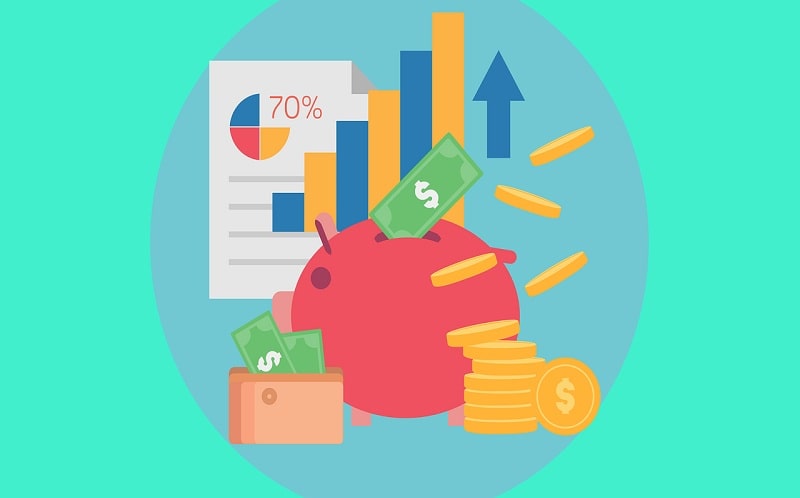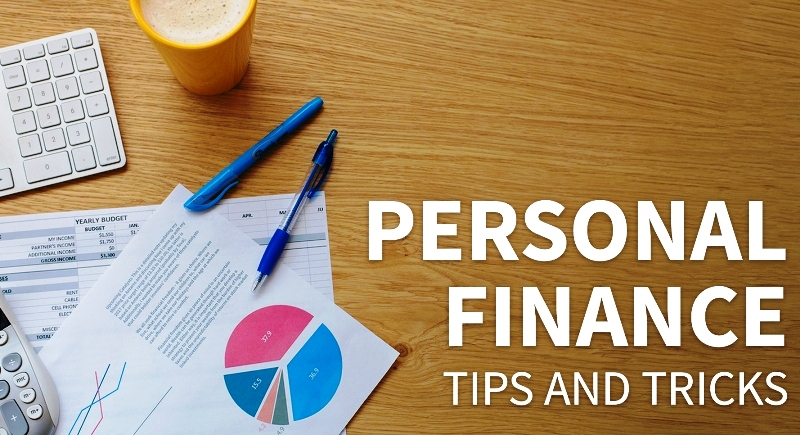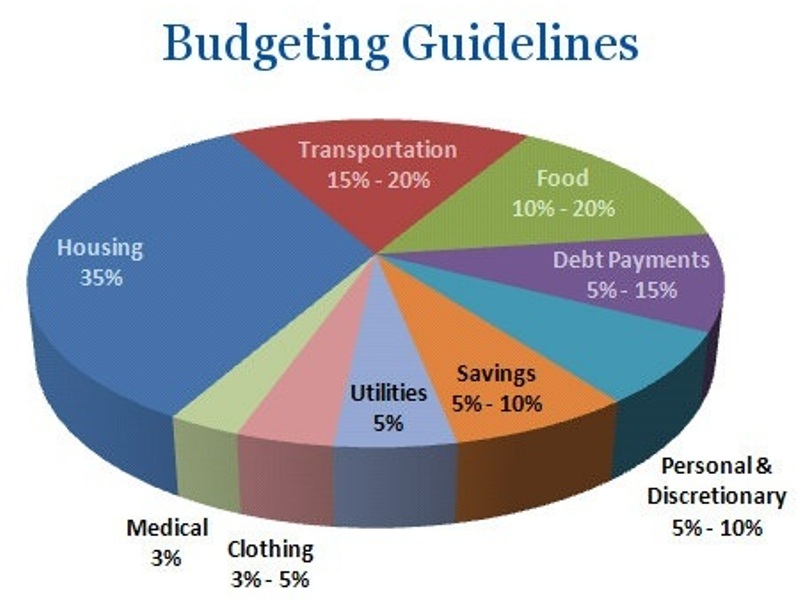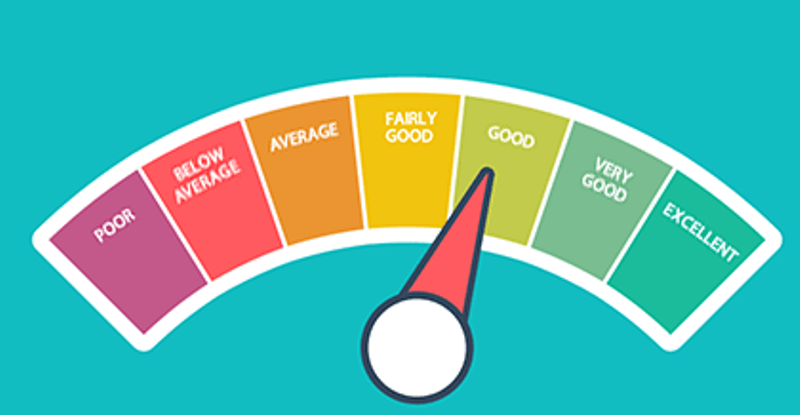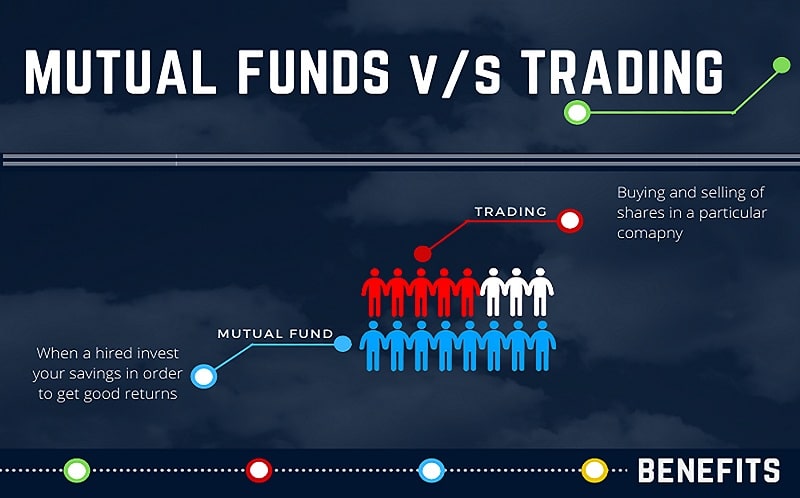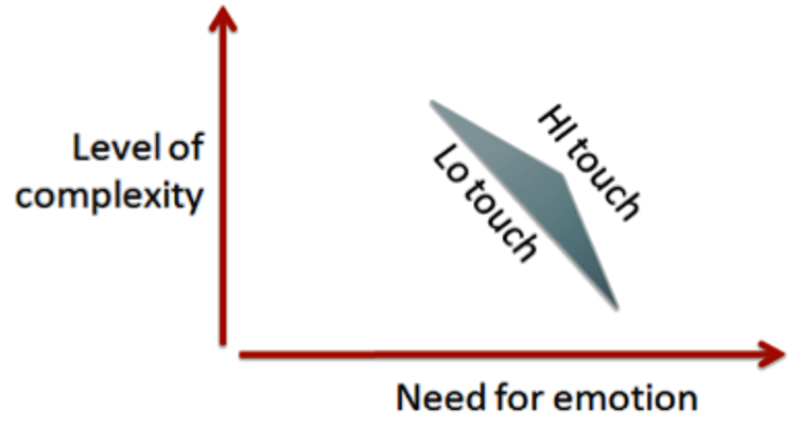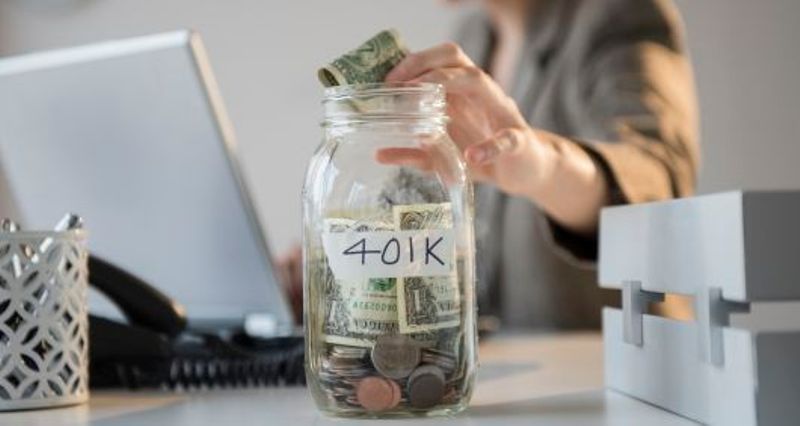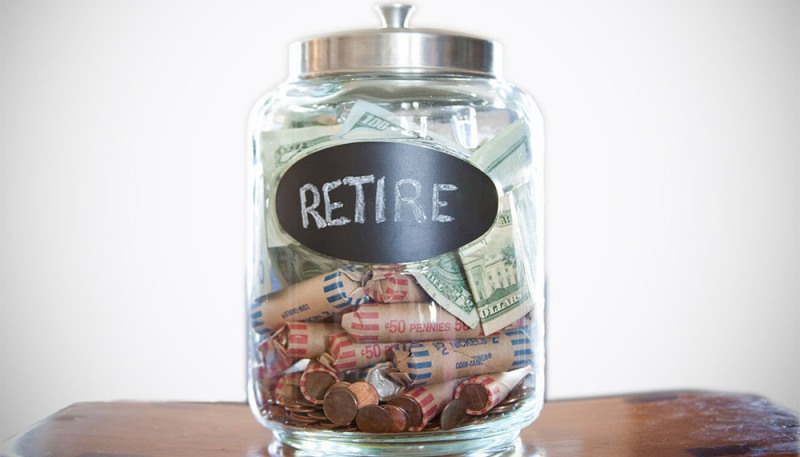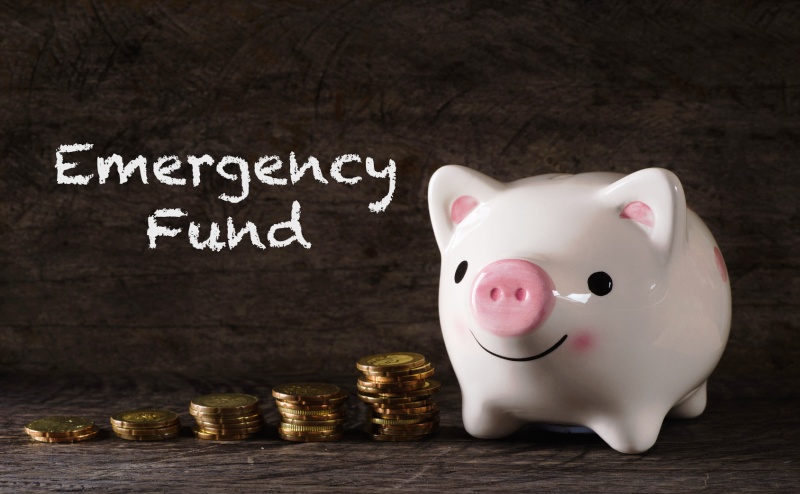When it comes to the issue of retirement, there are people who spontaneously think of a perpetual vacation, regardless of costs.
There are those who spend evenings validating scripts in Excel without wondering what they would like to do. And there are others who do not think about anything except a figure they saw in the media.
A piggy bank for unforeseen expenses
How much money do you need to keep your financial independence in the short and long term? Few people think about it systematically, while it is the basis of your financial health. How much money do you need for unforeseen expenses? How much does it cost if you want to stop working sooner? How much capital do you need at the end of your career to be able to live without worry until your last day? Many factors come into play. How old are you going to live? How long will your children be in school and how much will it cost? You can ask how much do i need to retire?
Start with your buffer pool
How to concretely calculate how much wealth or capital you need for this? You must first make sure you have a healthy financial reserve. This reserve is not considered savings to fill a period of sickness or unemployment or later for your pension, but it is a piggy bank for large and unforeseen expenses that may arise.
What are your goals for the next five years?
When you have a good buffer pool, you can consider your goals for years to come. Do you want to buy or renovate a house in the next five years? Do you want to invest in your children? Consider the amount you will need for all of this. If after that you still have money, you can think about your long-term goal: financial independence.
Plan until after your retirement
Being able to estimate how much money you need in the long run requires even more planning and thinking. The height of this amount depends largely on your standard of living. To determine this, you can keep a household booklet that shows all your expenses, big and small. You can also perform the calculation based on your average monthly income today and remove all the expenses you will not have when you are pensioned, because the house will be paid, the children will have left the nest.
Make a calculation of your full board
To properly assess the income you will have during your retirement, you must add the various pillars of your pension. You know your legal pension, but you must also add the amount you have saved through your group insurance at work or as a free supplementary pension or your Individual Pension Commitment if you have your own company.
Estimate your expenses during your retirement
To calculate your retirement, you must first estimate what your expenses will be: how much do you think you will spend annually?You can start from what you are currently spending, but also consider what your new retiree’s life will be like. Will you spend more or spend less? Determine the amount of guaranteed income you will have available to you. One of the most important points of your planning work will be determining what stable income you can expect. At some point in time, you may be eligible for a pension, no matter how small: find out how much it is from the pension funds in your area, and when it will be paid.
A few other suggestions
Other sources of quasi-guaranteed income are life insurance contracts, extra-legal pensions, annuities, rents. You will also have to make a working hypothesis about taxation: it will depend a lot on the form of your income. The passive income is generally taxed less than income from work, but there are important differences between the taxation of dividends, interest, rents, pensions, etc.
Rates and conditions depend on country to country: find out about your situation. Calculate the difference between your expenses and the amount of guaranteed income. If your estimate shows that your income will exceed your expenses, you have a good starting point for a worry-free retirement. If not, you will need to save and invest today to make up for deficits.
Determine the variables that are not under your control to calculate your retirement. You will also need to determine working hypotheses for certain external variables that you cannot control: the rates of return on your investments, your life expectancy, and the effects of inflation. You will also have to decide on the amount you want to leave to your heirs.
Conclusion: A shorter way
Let’s recap. The cost of living will vary according to the desired lifestyle at retirement. Only a detailed budget makes it possible to know precisely the money that will be needed to support the pace. Now the question is whether you will have what it takes. All of these elements will be part of the financial plan. A person who relies on a generous pension plan will theoretically need fewer saving. We can use the gains on the sale of the cottage when we no longer have the energy to take care of it.
Take a sheet of paper and write:
• How much do you save per year for your retirement (personal savings, legal savings schemes, etc.)?
• Multiply this amount by the number of years remaining before you retire.
• Add to this amount your already realized savings (personal savings, legal savings schemes, employer pension insurance, etc.) and enter the total amount.
• Divide the total amount from point 3 by the number of years you think you are living in a pension until you die.
• Add other amounts of guaranteed retirement income (such as your legal retirement pension).





